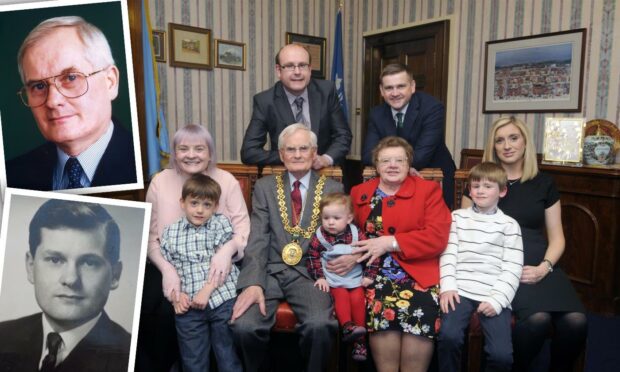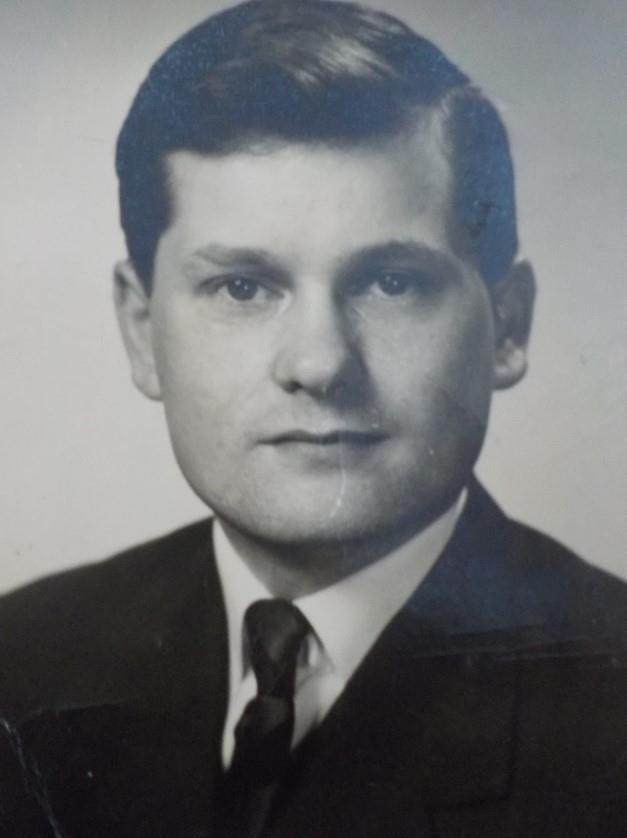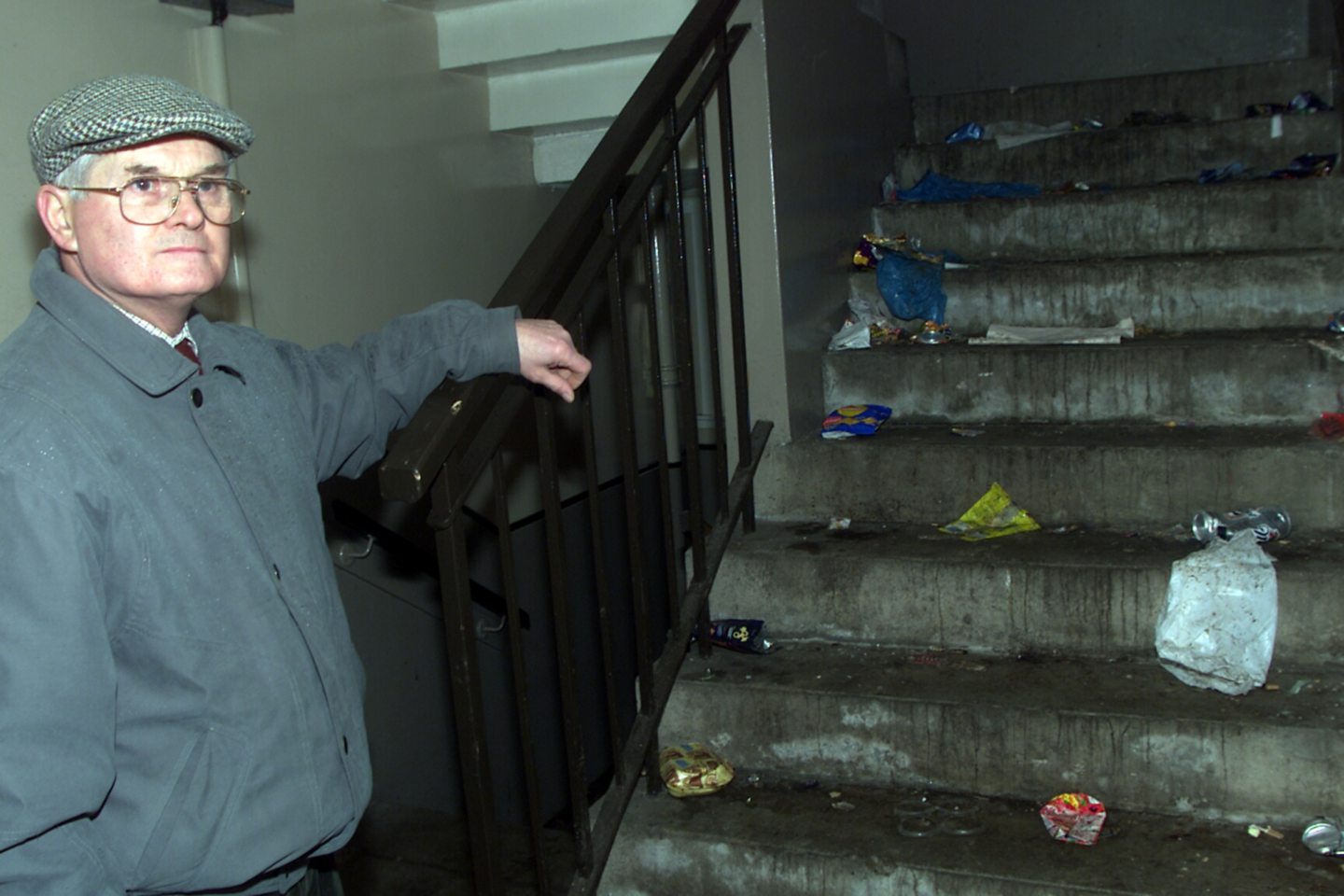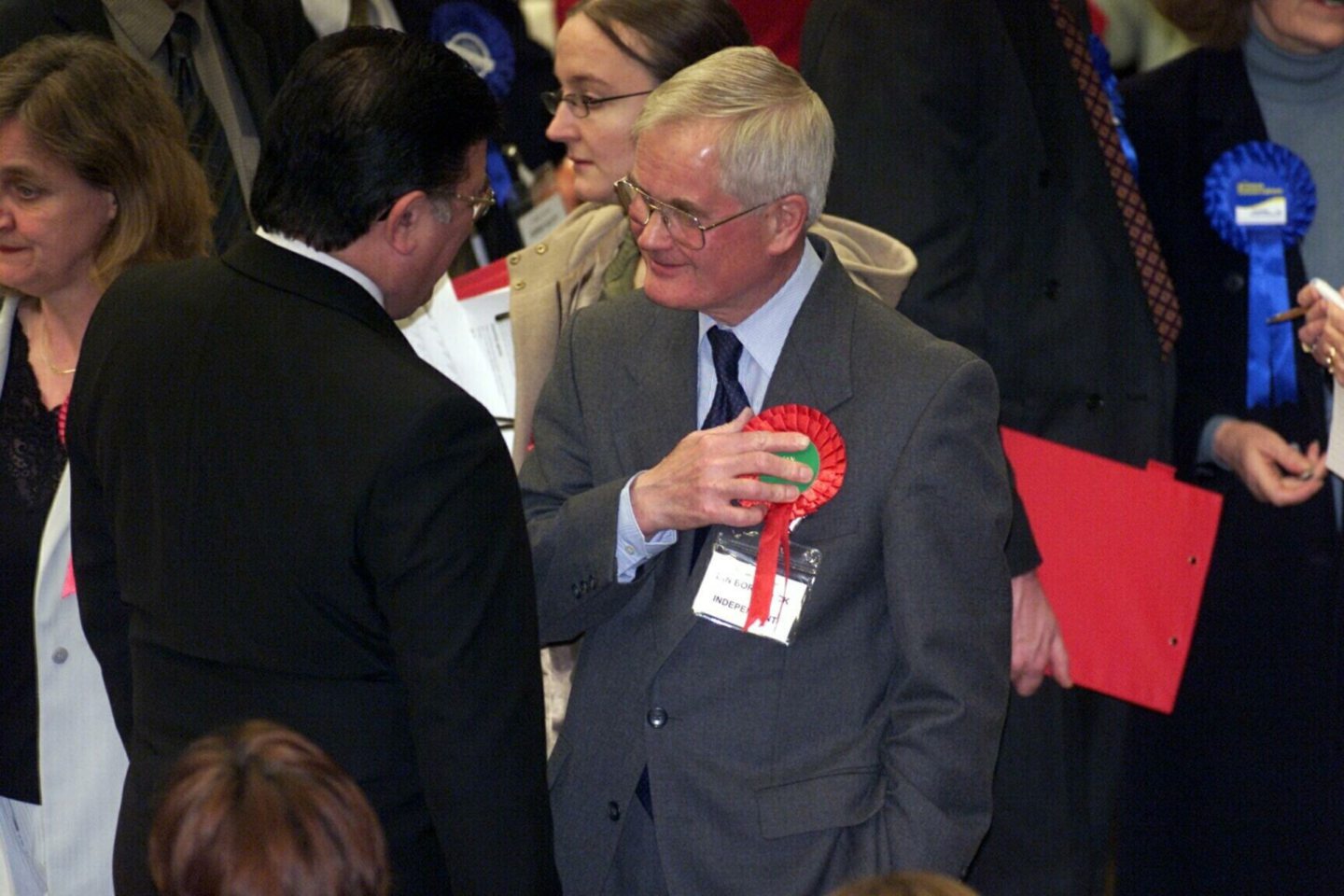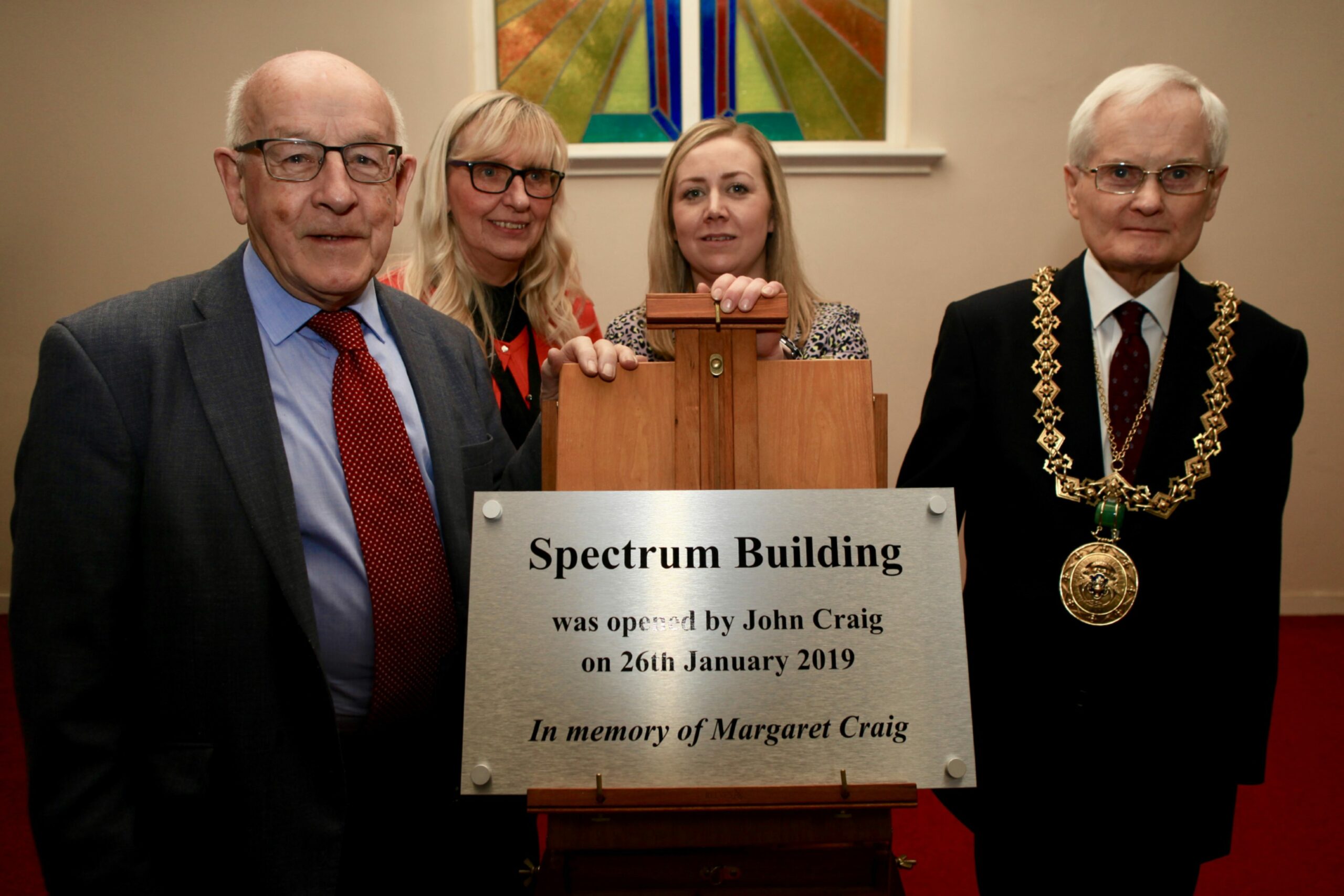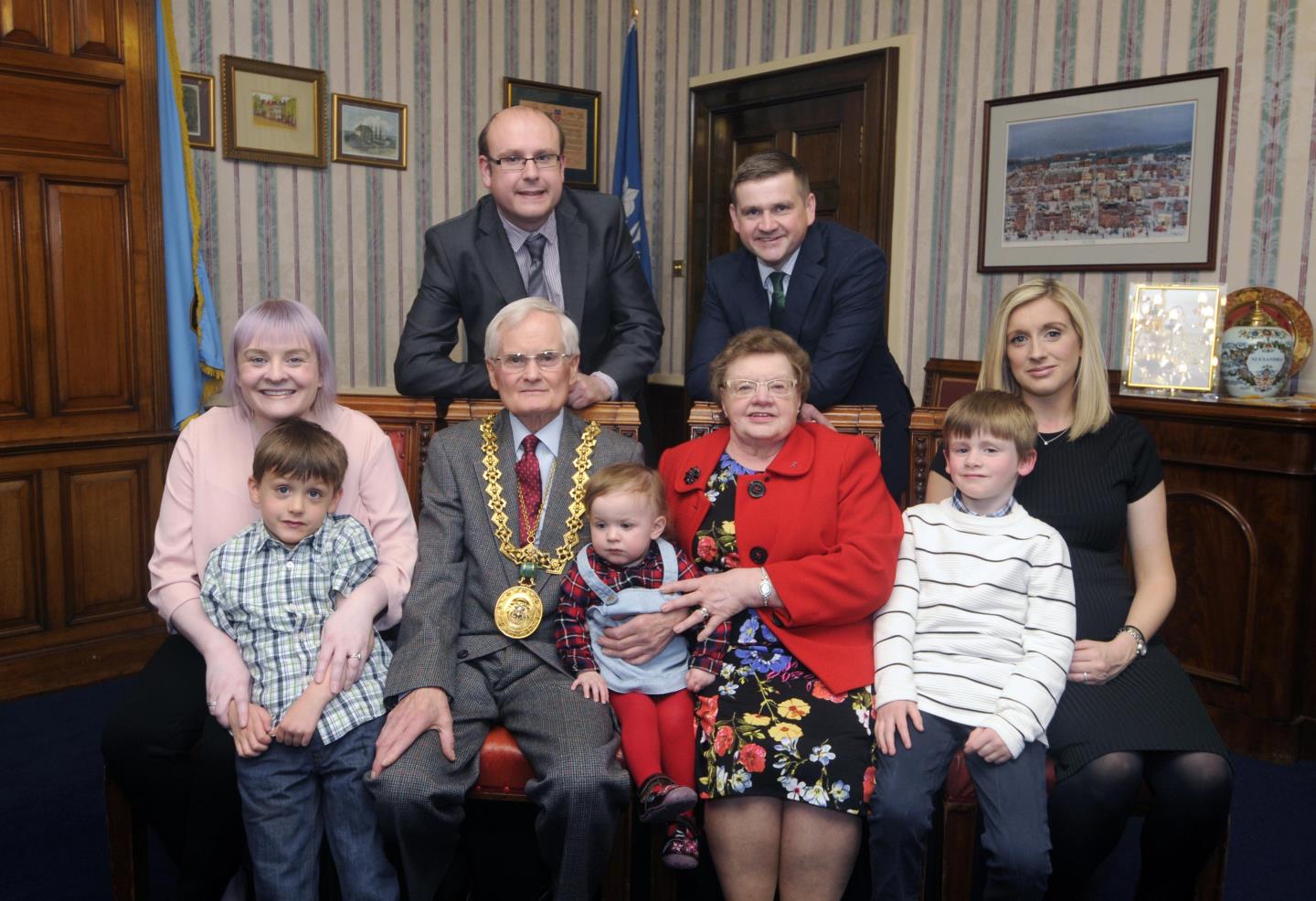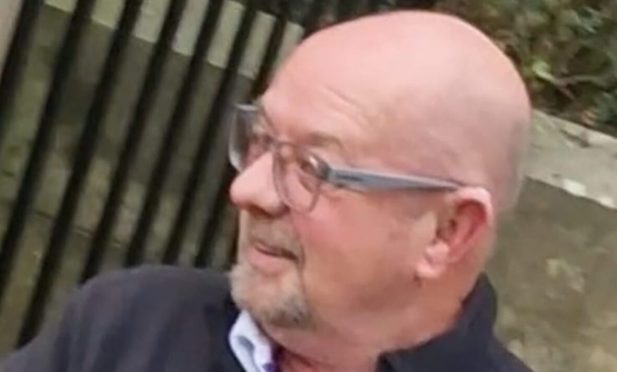When Ian Borthwick first became a Dundee councillor The Beatles had just released their inaugural album.
The year was 1963. John F Kennedy was the president of the United States, Sir Alex Ferguson was a striker for St Johnstone FC and man was still six years from setting foot on the moon.
Yet still he remains, Scotland’s longest-serving councillor and probably the UK’s too.
Now 82, Cllr Borthwick may finally be calling time on his marathon stint of public service when his term as Lord Provost ends in May 2022.
“I think it’s the end of the time and I am seriously considering retiring,” he told The Courier in an exclusive interview.
“Fifty-eight years wouldn’t be bad, would it?
“I know I’m the longest-serving in Scotland — someone said I may be the longest including England as well but I haven’t checked that.
“I think I’ve done my duty.”
Looking back at his career
When Cllr Borthwick was first elected it was to Dundee Town Council, which became Tayside Regional Council in 1975 and Dundee City Council in 1996.
He initially represented Labour for Dudhope ward. In 1964 this changed to Downfield before becoming Strathmartine.
Cllr Borthwick led the opposition Labour group between 1975 and 1986.
In 1987 he left the party over plans for the then-derelict Waterfront and “broken promises” over a new school in Ardler so went independent.
Over the years he has been the convener for the police, social work, public works and parks departments.
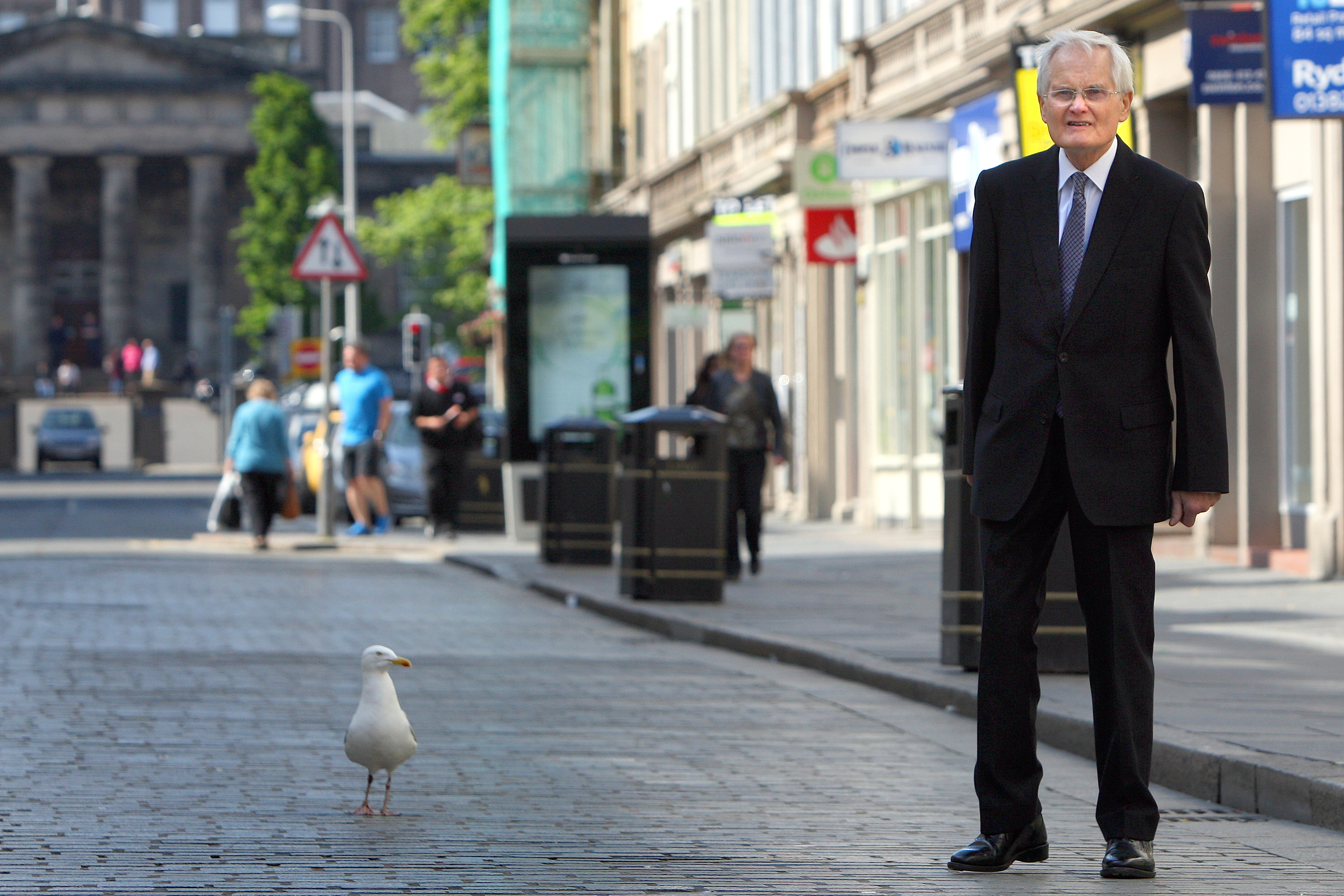
He served as a magistrate at the then Dundee Crime and Police Court in Bell Street from 1966 until 1981.
The father of two was unanimously voted in as the Lord Provost in 2017.
Cllr Borthwick’s wife, Linda, sadly passed away in January 2021 after 41 years of marriage.
The Courier sat down with Cllr Borthwick for a Q&A where he spoke openly about the following topics:
- Growing up
- Becoming a councillor
- Dundee in the 1960s
- Stories as a city magistrate
- Labour split
- Becoming Lord Provost
- How Dundee has changed
- Why Dundee is so special
- His future and possible departure
Growing up
Q: In which parts of Dundee did you grow up?
I was born in 1939 and grew up in a tenement in Victoria Road where we had just two rooms — one bedroom and a kitchen. There were six of us; four children and my parents, David and Evelyn. Dad was a mechanic and mum took care of the children.
We had no heating, just the stove in the kitchen. It was fairly spartan but everyone was in the same boat at that time. But there was great community spirit, the neighbours tended to look after one another. For example, if my mother had soup she would pass it to a neighbour.
In 1948 we moved to a new semi-detached home in West Kirkton, a scheme in Downfield. It had three bedrooms. By this time there were six of us children; I was the third oldest. There was a good community spirit and that continues to this day.
I went to Cowgate school, then Butterburn and then Rockwell, where I used to get a tram for a penny fee.
Q: What did you do once you left school?
I worked at Pellow Printers off Strathmartine Road and then Lowden electricians in North Tay Street. Neither exist anymore.
After a couple of years I got a job as a development officer at Age Concern. I was later an advocacy officer taking up individual cases. By that point I was on the council so knew the right people to contact so it was very rewarding. I was there for 30 years and was nearly 68 when I retired.
Becoming a councillor
Q: What made you want to become a councillor?
I knew people who were in the council and attended the ward meetings and people said to me that they would like me to represent them so I got involved.
Q: Was it easy to get elected?
The first year I stood was 1961, when I was a Labour candidate for Dudhope. The ward encompassed the border of the Hilltown, Rosemount Road and the Dudhope Roundabout.
I was also unsuccessful in 1962 but in 1963 I managed to win the seat by 26 votes. I was 24.
Dundee in the 1960s
Q: What was your ward like in the 1960s?
The whole area had extremely poor housing. I would never call them slums because in the main the residents kept their homes clean and tidy and the stairs washed — but the houses were appalling.
I came across shocking conditions. On one occasion the door was open and the man inside was naked in his bed, splits in the mattress etc. It was intolerable. There was nobody else in the house.
One woman put her child out the back — not that it was a bad thing — but a rat jumped up and bit him. She was a very decent woman and it was horrible. These instances coloured my outlook on things.
The conditions were similar to those seen in the documentary The Hunt for Bible John. There were the same sort of buildings and conditions all over the country and that had to be changed. We had started it but there was still a long way to go.
Q: Can you recall a big success in your role?
In 1968 there was an old workhouse in Mains Loan, Maryfield that was totally unsuitable for modern times. Water used to flow in and it was dangerous. I was the social work convener at the time and was pushing to have residential homes for the elderly built.
We visited various authorities in England and ended up in Cornwall where they were building new homes. We purchased drawings from them and got approval to build four buildings each containing 40 homes.
We took advantage of an emergency works government programme and got the project started, thanks to the full support of my colleagues.
Four new buildings for the elderly were built, each containing 40 homes.
One couple were living in a backland development that everyone had forgotten about. They were found there and brought into care.
They moved to one of the new buildings and said it was a grand place because when you get your breakfast, you also get your dinner. They were extremely grateful that they were being cared for. Those kind of things spur you on.
Stories as a city magistrate
Q: You became a Dundee magistrate in 1966. How did that come about?
My first job on the council was when I was police convener in 1965 and I was then voted to serve as a magistrate.
I remember on one occasion a man was up for stealing a frozen chicken from Marks and Spencer. They put it in their hat and it affected their balance so they collapsed outside the shop. They had no previous convictions so I admonished him.
One time an elderly man came to court. I noticed his coat was expensive but had seen better days. He had stolen some food out of a shop, had no previous convictions and a respectable background.
The reason he did it was because he had visitors coming over from abroad but he had no money to look after them. It was his first offence. He was in his 70s. You have to give consideration to that so I admonished him. It was an example of exercising my judgement.
Q: How did being a magistrate then compare to how it would be now?
When I served was before the children’s panel had been set up, so I was also dealing with juveniles.
Once there was a girl up for stealing clothes from a shop. I recognised her dad as a local taxi driver and heard the circumstances of the incident. The family were very respectful. I gave her an absolute discharge so no conviction.
A couple of years later her father stopped me in the street and told me it was the right decision because she now had a job and was progressing well.
You have to make the decisions. You could give someone a record for a minor offence that could prejudice their future.
But when it was necessary I was prepared to impose serious penalties. The reputation I had at that time was firm but fair.
Labour split
Q: You split from the Labour party in 1987. What happened?
One of the reasons was the Waterfront development. I didn’t like the plans because the city was being divorced from the Waterfront.
There were going to be walkways from the city centre to the Waterfront. There was a five-screen cinema planned. I said there would be difficulties with this.
The developer said the plan was a ‘best intention’, which means nothing. It was scrubbed because they didn’t deliver it.
Time progressed and what we have now at the Waterfront is correct.
There were also promises given when they built a new secondary school in Ardler. Then these promises were departed from.
You can’t make promises to people and break them.
Q: What happened then?
I just went as an independent. The Labour group didn’t like it at that time. I carried on, but get on well with the Labour group now, and the SNP. I have been independent ever since and never joined a group.
I have respect for the administration and also respect for the leader of the Labour group.
Becoming Lord Provost
Q: How did you become Lord Provost? Have you enjoyed it?
In 2017 it was unanimously agreed that I would be Lord Provost. It was important that there was no dissent and that no other member was put up.
I have enjoyed meeting people. I do the big events but I also like the small community events.
I spoke at the official opening of V&A Dundee and met Prince William. He was down to earth and so was his wife. I also spoke at the opening of the revamped railway station.
The big events are part of the Lord Provost’s function but you have to be able to do the smaller ones as well. They are of equal merit.
For example, we have revamped some nurseries and I found it interesting talking to people at these openings.
Q: Have you received a lot of support in your political career?
My wife was a very good support to me through that time and was the Lady Provost. It was very sudden and unexpected when she died in January. We had been together 42 years.
I couldn’t have managed 50-odd years as a councillor without her support. I mean that sincerely.
I’ve got two children, four grandchildren and they’ve also been supportive. That’s important.
How has Dundee changed?
Q: What has been the most significant change since you joined the council?
The opening of the Tay Road Bridge in 1966 was a big event. The Queen Mother opened it. It was a good day. We were in a little stadium.
It changed Dundee. Before we just had the ferry, or you went to Perth to get to Edinburgh. People used to be queuing up to get the ferry to get across.
The Lord Provost at that time, Maurice McManus, was committed to getting the bridge. The previous Lord Provost, William Hughes, also fought to get the bridge — so it was a credit to both of them.
Maurice was in the same ward as me. He was my mentor and was a good man.
Q: What else is different?
Times have changed tremendously. From awful housing, we have made quite significant strides.
There are still a lot of people in dark places regarding drugs, and things like that. That is what concerns me; we are going to have it for a while.
It’s a danger for your own kids, your family and grandchildren. You never know, you go to a party with your mates and then ‘boom’, it changes just like that.
Why is Dundee so special?
Q: What does Dundee mean to you?
It’s where your roots are. We have to endeavour to do our best for the people and the city. That gives you a great deal of satisfaction if you want to achieve something.
Q: Did you ever want to move elsewhere?
I never wanted to go. My brother Gordon was the opposite; he drove across Australia in a Jeep with two kids and then lived in New Zealand for many years. He went to St Andrews University and studied English and History. He died in New Zealand years ago.
Q: What motivated you to remain a councillor all this time?
There’s always something to do. For example, the other weekend there were calls from people suffering damage after Storm Arwen.
In one case a large tree fell on a roof and an elderly man couldn’t get out of his house. That was on a Saturday. I made calls and got things done. You will always do that and it gives satisfaction that you can help people.
Q: What would you have done were you not a councillor?
I would have liked to have gone to university but the schooling when I was younger was different. You didn’t have the opportunities then that you have now.
His future and possible departure
Q: With your council term up in May, what does the future hold?
I think it’s the end of the time and I am seriously considering retiring. Fifty-eight years wouldn’t be bad, would it?
I know I’m the longest-serving in Scotland, someone said I may be the longest including England as well but I haven’t checked that. I think I’ve done my duty.
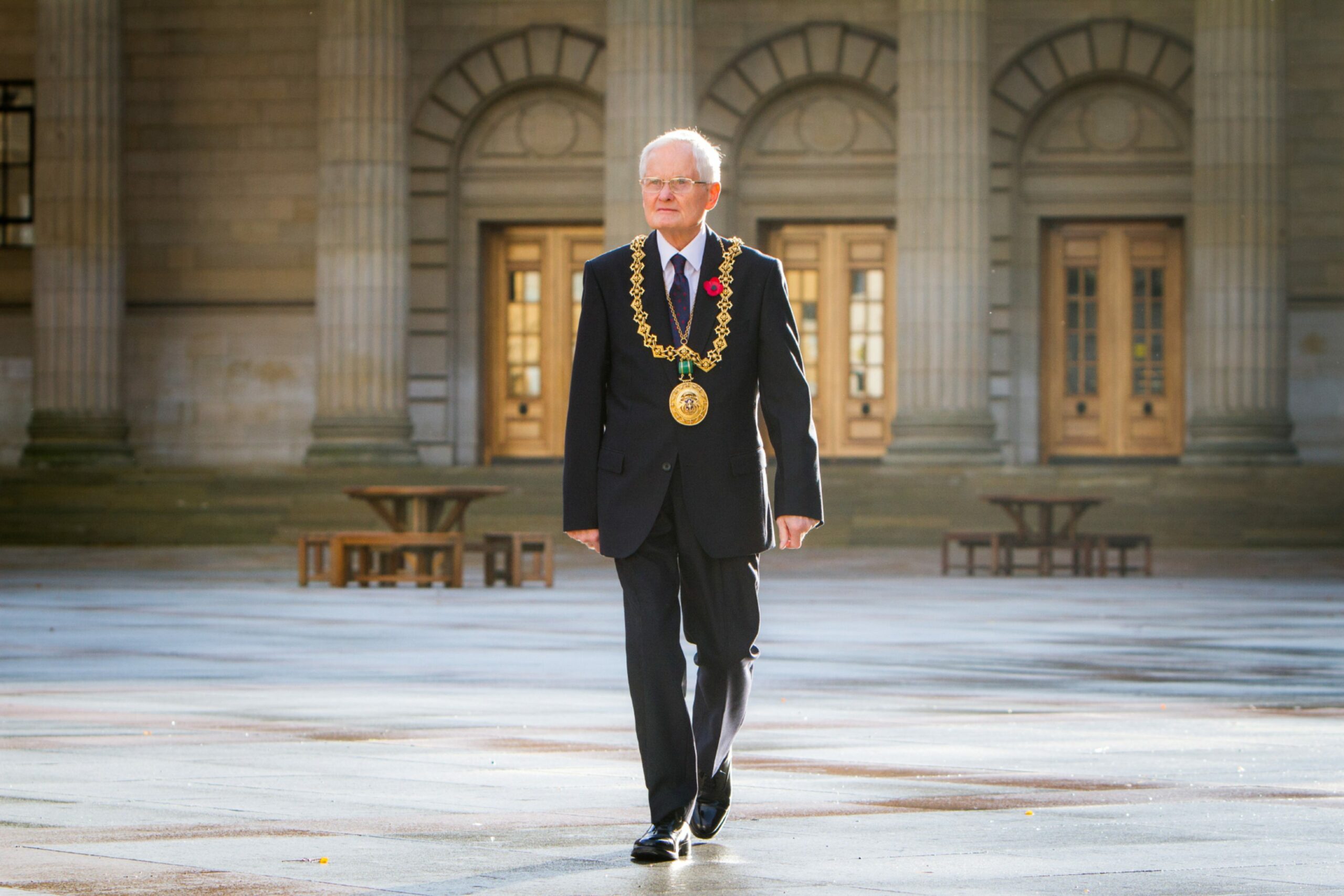
I have had such a good relationship with my constituents. It’s vital that they know you and you never let them down.
I always say that if you forget about them they will forget about you.
Q: If you retire, what would you do with your time?
I like reading about history and crime. I like Rebus novels. I like reading about the industrial revolution and the progress that the country made since then, in terms of railways and modernisation.
